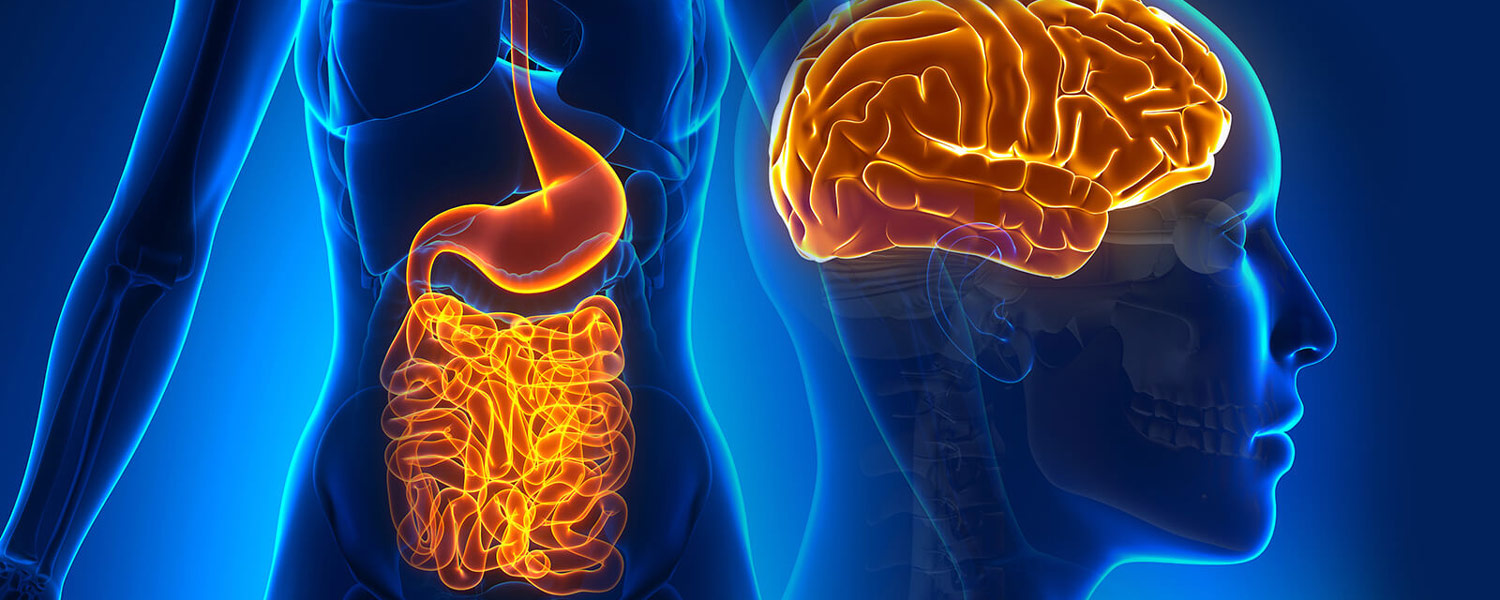We commonly use the terms “butterflies in our stomach”, “gut-wrenching” and “my gut feeling”… Why and how did we come to articulate our emotions in reference to our digestive system?
We are aware of the “computer network” in our brain, but our gut also contains its own networking system and is much more than a rubber tube that breaks food down. The gut and the brain communicate with each other through the vagus nerve, which can affect one’s emotions or how well the body responds to the food eaten.
Irritable bowel syndrome (IBS) affects approximately seven per cent of New Zealanders and accounts for approximately ten per cent of GP visits and can be up to fifty per cent of referrals to gastroenterologists.
It is called a ‘syndrome’ as it is a collection of symptoms that consistently occur together. This relates to abdominal pain that is related to either passing bowel motions, how often bowel motions are passed and/or the appearance of the stools over a period of time. IBS can occur at any age, and appearance of bowel motions, in children’s terms, can range from “rabbit poos” (hard like pebbles) to “gravy” (watery).
Several dietary factors can affect how our gut behaves such as the amount of caffeine, alcohol, fluids, fats, fibre and sugars we consume, and the overall quality of our diet. They can impact on how our “rubber tube” moves – imagine a snake that has swallowed something large, and travels by squeezing through from one end to the other. It also affects how well our gut bugs are treated inside that rubber tube – just like the quality of the soil in the ground and how well grass would grow depending on the soil; poor quality nutrients means poor quality grass.
Dietary factors aside, there is the network system in the rubber tube that communicates with the brain. This comes back to our ‘gut feeling’. Back in our hunter-gatherer days, when the human is stressed, the body needs to either fight the threat (e.g. an animal), or flight from the threat. Either way, digestion is not a priority, and blood flow directs to the arms and the legs ready for action. Nowadays, when the body is stressed, whether it be physical or mental stress, and whether the body is sleeping, standing, walking, or running, the body will respond in the same way. As a result, when this stress is chronic, the digestive system can get compromised.
Sometimes, like a computer, the network system can get altered and “programmes” that use to function well, suddenly doesn’t seem quite right anymore.
Consider a virus that has invaded a computer… when the virus has been removed, sometimes the programmes that use to function well aren’t quite the same anymore. This can also happen in our bodies after a bout of “gastro” infection (gastroenteritis). This is called post-infectious IBS.
The term irritable bowel syndrome is commonly heard of, especially after a process of elimination where other causes of gut issues have been ruled out (e.g. Coeliac disease, inflammatory bowel disease etc.). However, it is important to identify what factors may be at play in order to know where to start to help better manage the condition.
Irritable bowel syndrome can significantly impair someone’s quality of life, yet only around 1 in 20 people see their doctor due to gut symptoms. If you or your loved one is experiencing gut issues, I would encourage visiting your GP for screening first. If you have any questions I can assist you with beforehand, let me know, or I can meet with you thereafter. Either way, let me help you or your loved one find a way forward…
